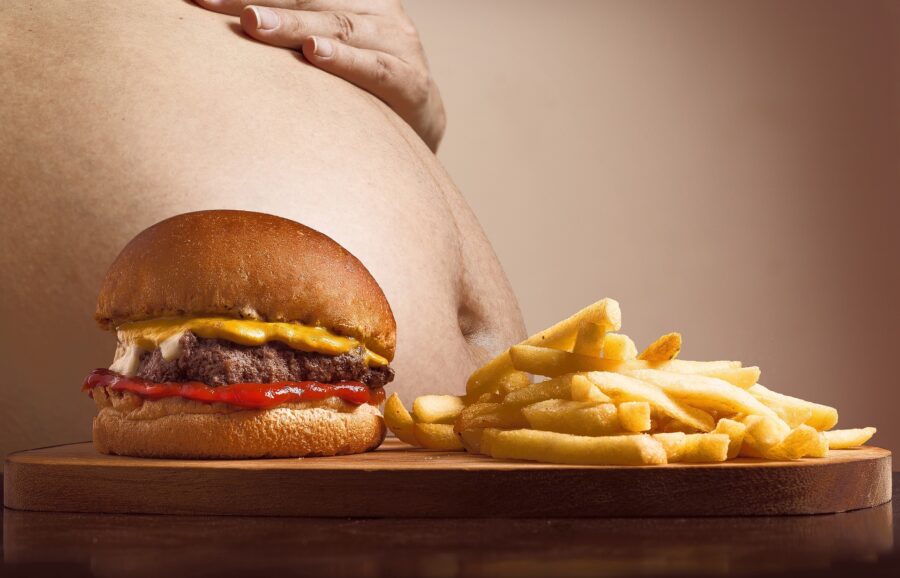
Over time, the body and mind can develop a tolerance to coping habits, meaning that people need to engage in the behaviour more often or for longer periods of time to achieve the same level of relief. This can lead to an addiction as people continue to increase the frequency and intensity of their coping behaviour.
Addiction is a form of codependence. They arise in circumstances where the ego does not have a program to cope with the outside world. To alleviate the stress and discomfort the void left by the Self is taken up by a coping mechanism.
Thought-Provoking Quote
“The further assumption is applied that cognition is a coping, instrumental mechanism, and that it must to some extent be egocentric. It assumes that the world can be seen only from the vantage point of the interests of the perceiver and that the experience must be organised around the ego as a centering and determining point.” [1] ~ Abraham Maslow: Toward A Psychology Of Being
Addictions are also the ego’s way of nurturing your emotional well-being. The ego’s role is to help you to survive the day, both physically and emotionally. But when you rely on a certain behaviour to feel better you are masking the real problem.

Codependence arises from feelings of being unworthy, ashamed or guilty. These symptoms can emerge in early childhood from a lack of emotional support and can be enforced by someone else (typically a parent or teacher) projecting their own feelings of shame and unworthiness onto their child.
Unconscious feelings of guilt, shame and unworthiness are common themes in people with chronic addictions. [2] The cycle continues to repeat itself until you understand the underlying cause and motivation behind your craving – and put a strategy in place to reprogram your subconscious mind.
Coping habits can have negative consequences, such as social isolation, financial problems, or physical health issues. Despite these negative consequences, people may continue to engage in the behaviour rather than accepting they have a problem.
Addiction is a particular problem for people that have a dominant Lover archetype. This energy binds you to things in the material world. Although the binding process starts out as mild behaviours, coping mechanisms quickly become a habit the ego associates with as an effective method of emotional survival. [3]
Coping habits can also surface due to underlying psychological factors, such as low self-esteem, anxiety and depression.
The addict in denial lives in a world of fantasy and illusion which is controlled by the ingrained belief they need a particular substance before they can function properly.

We should differentiate between addictions and habits here. Let’s take coffee or tea as an example. Most of us will say we can’t function until we’ve had a cup of tea or coffee in the morning.
Whilst this is probably a limiting belief for most people, once you get into your groove you go about your day as usual. That morning tea or coffee is simply a morning ritual you have grown accustomed to.
This is a binding process of the healthy Lover, but you have your needs and desires under control. Your morning ritual is a means of restoring order to a new day after the chaos of sleep. The mind returns from the chaos of the unconscious to the order of the conscious awareness
An addiction, on the other hand, is if you drink more than 4 or 5 cups of tea or coffee a day because you don’t feel as though you’re functioning properly. It is when self-delusion surfaces that you must guard against a habit becoming an addiction. It’s usually quite easy to identify denial and self-delusion.
[1] Abraham Maslow: Toward A Psychology Of Being, p.71 Kindle Loc 1403 (1962)
[2] Shame: The Core of Addiction and Codependency; Darlene Lancer (2021)
[3] E.F. Dubow, M. Rubinlicht, in Encyclopedia of Adolescence, (2011)
